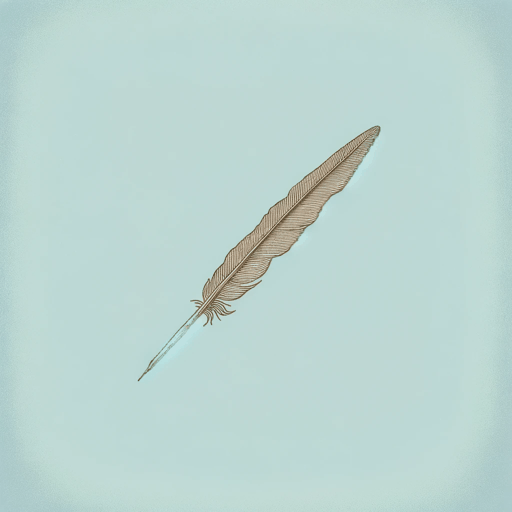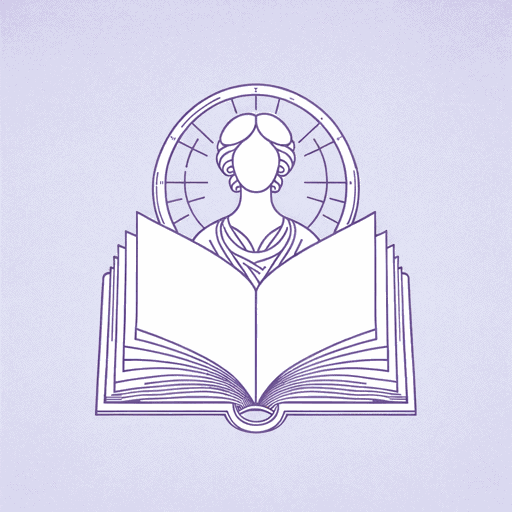57 pages • 1 hour read
Mary WollstonecraftMaria: or, The Wrongs of Woman
Fiction | Novel | Adult | Published in 1798A modern alternative to SparkNotes and CliffsNotes, SuperSummary offers high-quality Study Guides with detailed chapter summaries and analysis of major themes, characters, and more.
Important Quotes
“This is what I have in view; and to show the wrongs of different classes of women, equally oppressive, though, from the difference of education, necessarily various.”
(Author’s Preface, Page 60)
Wollstonecraft explicitly and intentionally structured her novel to reflect her philosophical beliefs and principles. She was not writing simply to depict melodramatic plot events, or represent the psychology of characters: She wanted to use her novel to highlight the suffering that women experience. The quotation also makes it clear that Wollstonecraft wanted to describe the experiences of women from different social classes, foreshadowing how Jemima becomes a significant character in the narrative.
“From a stranger she could indeed receive the maternal aliment, Maria was grieved at the thought—but who could watch her with a mother’s tenderness, a mother’s self-denial?”
(Volume 1, Chapter 1, Page 61)
Maria laments her separation from her infant daughter and fears what might happen to her baby without a mother to care for her. It sets the stage for the important theme of Motherhood and the Bond Between Mothers and Daughters. The quotation distinguishes between physical nurturing, acknowledging that a baby can be breastfed by a woman who is not her mother, and emotional nurturing. It implies that only mothers can truly provide adequate emotional nurturing, setting the stage for future plot events where the absence of a mother proves damaging to a developing child.
Related Titles
By Mary Wollstonecraft


